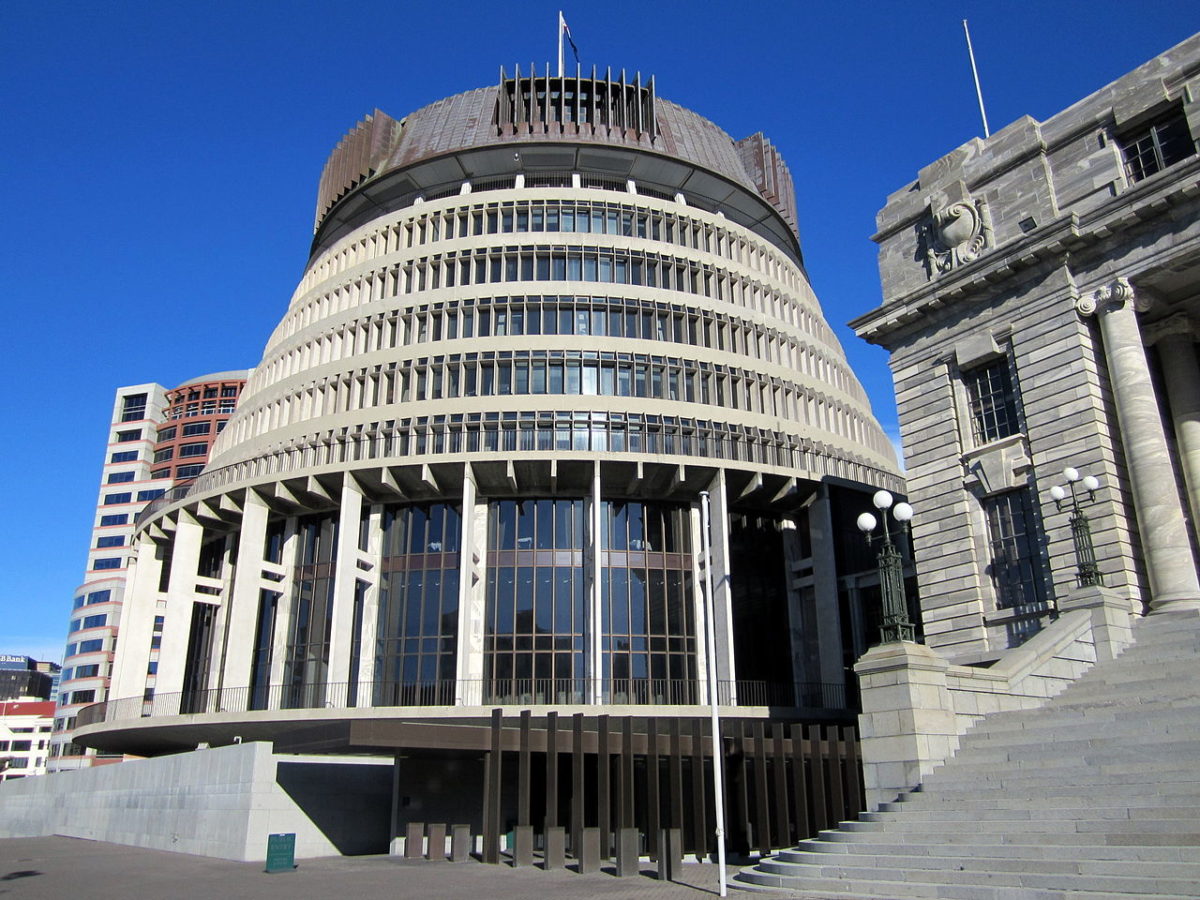Horticulture New Zealand was quick to welcome the Government’s draft National Policy Statement on Highly Productive Land, saying it will help ensure the country can grow its own vegetables and fruit.
The policy statement requires councils to abide by a new national approach to protect highly productive land.
About 14% of New Zealand land is considered highly productive, but it is under increasing pressure from urban expansion as the need for housing ramped up.
HortNZ Natural Resources and Environment Manager, Michelle Sands says the policy statement recognises that New Zealand needs its best soils for domestic food production.
Once the best soils have houses built on them, they have been lost to food production, she said.
But with good planning and buffer zones, houses and horticulture can co-exist, which is important for three main reasons.
- So growers can make best use of available land.
- So growers can quickly get fresh produce to market, and
- So growers have access to workers, given how labour intensive horticulture is.’
Ms Sands says keeping our best soils for producing food is also important in the transition to a low emissions economy.
“As the Paris Agreement states, countries need to find ways to adapt to climate change “in a manner that does not threaten food production.
“New Zealand needs to ensure that it is able to grow all the fresh and healthy food that it needs, in a world where it will be difficult to import fresh food due to climate P
The proposed new rules to protect New Zealand’s most productive soils have also been welcomed by Dunedin Mayor Dave Cull.
Mr Cull, who is also Local Government New Zealand president, said the “obvious place” for new urban development was between Auckland and Hamilton, the location of “a good amount” of highly productive soil.
Under the proposed new approach, which is open for public consultation, councils would have to ensure there was enough highly productive land available for primary production – now and in the future – and protect it from inappropriate subdivisions or other development.
The Government is expected to unveil another NPS, on urban development, next week, but Environment Minister David Parker said the two documents would ensure “we get the balance right”.
The proposed new rules were released by Mr Parker and Damien O’Connor, Minister of Agriculture and for Rural Communities.
The Ministers said New Zealand’s most fertile and versatile land will be given new protection under these proposals.
Mr O’Connor said:
“Continuing to grow food in the volumes and quality we have come to expect depends on the availability of land and the quality of the soil. Once productive land is built on, we can’t use it for food production, which is why we need to act now.
“We cannot afford to lose our most highly productive land. It brings significant economic benefits including employment for nearby communities, and adds significant value to New Zealand’s primary sector.”
Mr Parker said the policy statement proposes a nationwide approach to protecting the country’s most productive land for future generations and stood alongside the new National Policy Statement for Urban Development, which will be released soon,
” … to ensure we get the balance right and that the development we need is in the right place. We need to house our people and to feed them too.”
The National Policy Statement introduces a clear and consistent policy that councils must follow when making decisions on land use, requiring councils to do a full analysis of alternatives, benefits and costs when considering whether urban expansion should be located on highly productive land used for growing food and vegetables and for other primary production.
The statement supports other important government priorities, including freshwater management.
A two month consultation period started this week.












